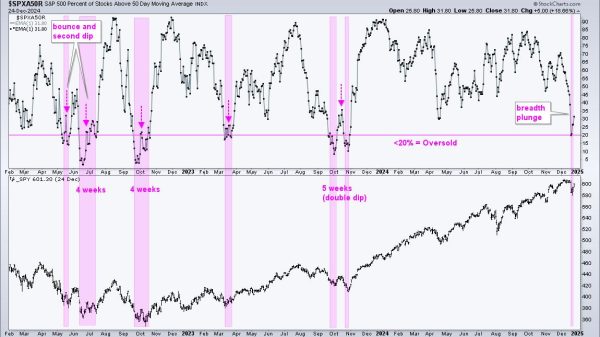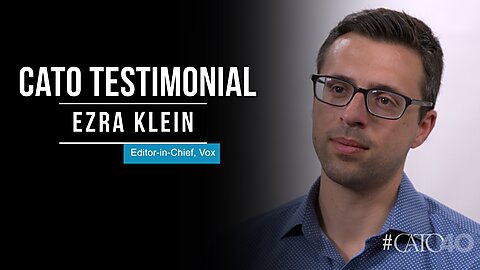Jeffrey A. Singer
Last November, I wrote about Senator Mike Lee’s (R‑UT) effort to reduce pharmaceutical expenditures by introducing the Biosimilar Red Tape Elimination Act. This was an attempt to streamline the Food and Drug Administration’s process to approve so‐called biosimilar drugs. The bill didn’t pass in the last Congress, but yesterday Senator Lee introduced a new and improved version. Biological drugs were only 0.4 percent of U.S. prescriptions, yet they accounted for 46 percent of U.S. drug spending in 2018.
Unlike conventional medicines, which drug companies chemically synthesize to a specific molecular structure, biological medicines have natural sources. Vaccines and blood products are examples of biologicals. When conventional drug patents expire, pharmaceutical makers produce generic versions to compete with the original drugs. The competition usually causes prices to come down. When biological drug patents expire, drug makers make biosimilar versions to compete with the original, thus driving down prices.
When the FDA approves a biosimilar, it defines it as having “no clinically meaningful difference” from the original (reference) biologic. FDA regulations can make it cost up to $250 million and take up to eight years for a drug maker to bring a biosimilar to market. The barriers to entry for biosimilars are much more challenging to overcome than those typically seen for generics.
But it gets even more complicated. In addition to the FDA determining that a biosimilar has no clinically meaningful difference from the reference drug, Congress created a category called interchangeability. For the FDA to classify biosimilars as interchangeable with the reference drug, manufacturers must put them through switching studies, delaying and increasing the cost of bringing biosimilars to market. These are trials where participants alternate back and forth between the reference drug and biosimilars to prove safety and efficacy. Unless they pass switching studies, the FDA will not approve biosimilars as substitutes for the reference drug.
This is important because some states have passed laws prohibiting pharmacists from substituting biosimilars for more expensive reference drugs if the FDA has not classified them as interchangeable.
Years of research suggest that “interchangeability” is unnecessary. Writing in the Journal of Clinical Pharmacy and Therapeutics, Dr. Sarfaraz Niazi stated:
FDA proposition that retesting an approved biosimilar is needed to allow it to interchange is faulty and irrational. Clinical efficacy testing is not needed for products that are supposed to be the same or highly similar because of the lack of sensitivity to show any difference. Once declared to have “no clinically meaningful difference,” biosimilars should be interchangeable at the discretion of the prescriber. Two classes of biosimilars in the US will only help larger companies to prevent the entry of cost‐effective biosimilars.
Furthermore, last year the European Medicines Agency (EMA)—the European Union’s equivalent of the FDA—announced that it would not require switching studies to approve biosimilars and that all approved biosimilars “can be interchanged.”
In April 2023, the American Society of Clinical Oncology called for ending the interchangeability requirement. One month later, the American Medical Association House of Delegates approved a resolution that stated:
RESOLVED, That our AMA advocate for state and federal laws and regulations that support patient and physician choice of biosimilars and remove the “interchangeable” designation from the FDA’s regulatory framework.
The bill Senator Lee introduced last year prohibited the FDA from requiring biosimilar drugs to undergo switching studies before the agency approves them as interchangeable with the original biological medicine. The new, improved version he introduced yesterday is more straightforward and definitive. It would amend the federal code to state that all biosimilars that receive FDA approval are, by definition, interchangeable. This wording addresses state laws blocking pharmacists from dispensing biosimilars that the FDA had not explicitly designated as interchangeable.
The new version of the bill improves on the previous version. It should help to lower health care costs and improve patient access to the rapidly growing biological medicines market. It will bring FDA regulations into better harmony with EMA regulations. Unfortunately, the Biosimilar Red Tape Elimination Act leaves the rest of the cumbersome pharmaceutical regulatory regime intact.
As Michael F. Cannon and I pointed out in our white paper, the pharmaceutical regulatory system badly needs a complete reformation.























